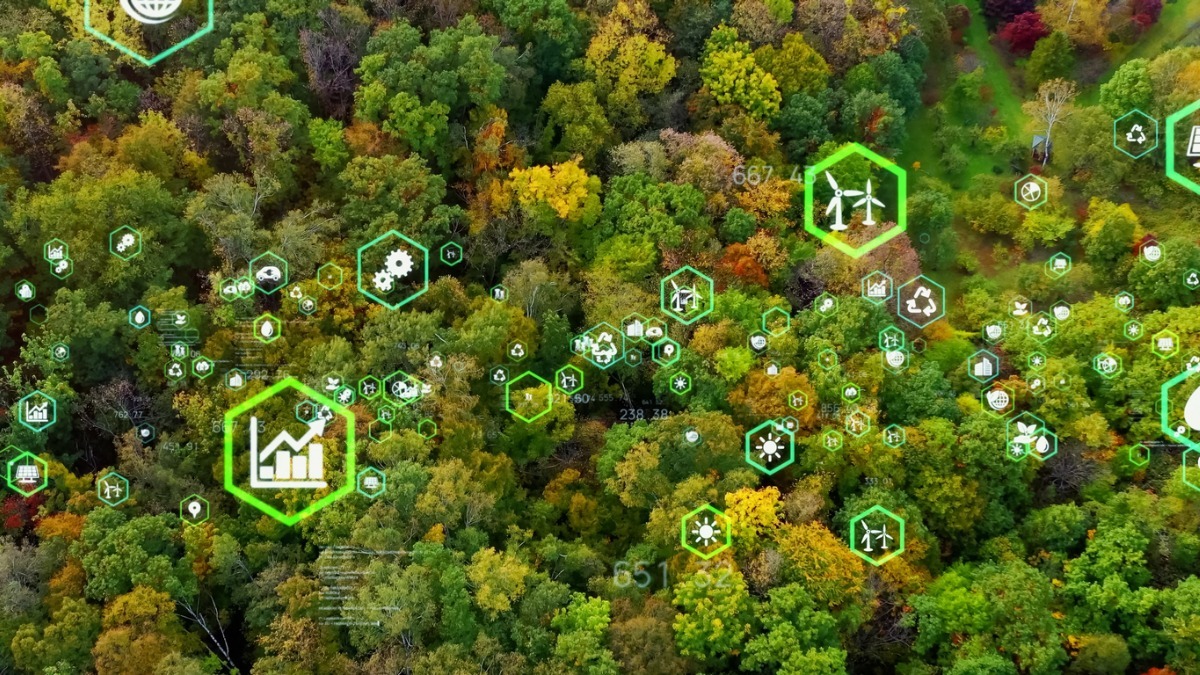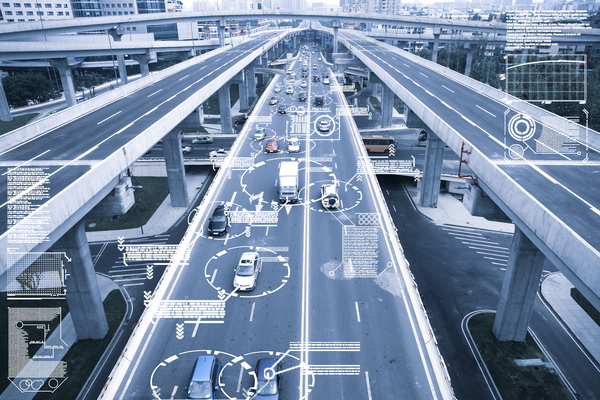Insurance industry integration is vital to address climate change

A responsible approach to climate risk management relies on bringing insurance skills to hand and into the future
Over the past year, we’ve seen a clearer picture emerge of the physical risks we’ll experience as our planet warms beyond 1.5 or 2 degrees. We have also seen greenhouse gas emissions reaching all-time highs alongside a proliferation of commitments to decarbonise and achieve net-zero.
Recognition and understanding are growing of government, business and public responsibilities for responding to climate change. There is also a growing awareness of the role of insurance across its value chain in both adapting to and mitigating climate change and creating more resilient communities.
The profound expertise and knowledge within the insurance industry in understanding risk creates great opportunities – and indeed great responsibility – to support and inform other parts of the economy as we brace ourselves for the impacts caused both by physical and transition risk.
The specific risks within financial services firms and the systemic risks for regulators to manage have been highlighted by stress testing and scenario analysis, led by regulators and adopted more broadly by firms. TCFD-aligned reporting, through initiatives such as the ClimateWise Principles, demonstrate the benefits of understanding climate risk and opportunity and providing an aggregate view of industry progress and best practice.
The coming years will undoubtedly see greater action in response to the insights from scenario analysis and greater understanding by clients and society of the role and capabilities of the insurance industry. We will also see increased collaboration and coordination across the insurance value chain to produce a streamlined response that recognises the unique role each player should take to respond to climate change.
We also expect to see new and perhaps more permanent forums being established to facilitate ongoing dialogue and collaboration between government, business and insurers at national and local level to enhance and build on global climate resilience initiatives. The insurance industry will need to work closely with national governments for risk management of natural disasters as the world warms and extreme weather events become more frequent and more fierce. Insurers will also more actively engage with government on transition protection needs and private-public partnership opportunities to facilitate blended-finance approaches to scaling risk-transfer capital, such as through state-backed reinsurance pools.
Partnerships between insurance and the broader financial sector will also be integral to the effective response to climate risk. Banking and investment rely on insurance coverage to manage the underlying economic and physical risks to their clients. Changes in insurance availability and pricing may alter banks and investors’ own risk exposure. Working in conjunction with wider financial services, insurers can have an instrumental role in identifying and promoting mitigation and adaptation measures for private and public clients.
We also expect to see new and perhaps permanent forums being established to facilitate ongoing dialogue and collaboration between government, business and insurers to enhance global climate resilience.
Insurers can build resilience at local and regional levels by planning around building design and construction to adapt and avoid risk. We expect to see an expansion in the role of underwriters to provide greater guidance and a more ‘engineering’ approach to underwriting, building on expertise from technology developers, physical risk modellers and others. Policy-makers may ultimately look to mandating the inclusion of relevant resilience measures in insurance policies that address climate-related disasters, establishing sustainable claims and ‘build back better’ as the default.
To provide detailed analysis and guidance to policy-makers and clients, the insurance industry will be looking for more detailed and forward-looking data. A deeper partnership between government and the insurance industry, encompassing data, can enhance the development of models over a greater range of climate scenarios to help refine underlying assumptions of catastrophe models and building indices to measure climate resilience.
Climate risk exposure needs to be part of all business conversations and clients will turn increasingly to the industry for guidance. As such, insurers need to be ready and have a hugely influential role to play. ClimateWise members are already advancing on this path, particularly with research on opportunities for policy and product innovation. We hope others will join them… and quickly.
To find out more, visit the ClimateWise pages of the University of Cambridge Institute for Sustainability Leadership
by Dr Bronwyn Claire, Senior Programme Manager, ClimateWise, University of Cambridge Institute for Sustainability Leadership (CISL)

Business Reporter Team
Most Viewed
23-29 Hendon Lane, London, N3 1RT
23-29 Hendon Lane, London, N3 1RT
020 8349 4363
© 2024, Lyonsdown Limited. Business Reporter® is a registered trademark of Lyonsdown Ltd. VAT registration number: 830519543





